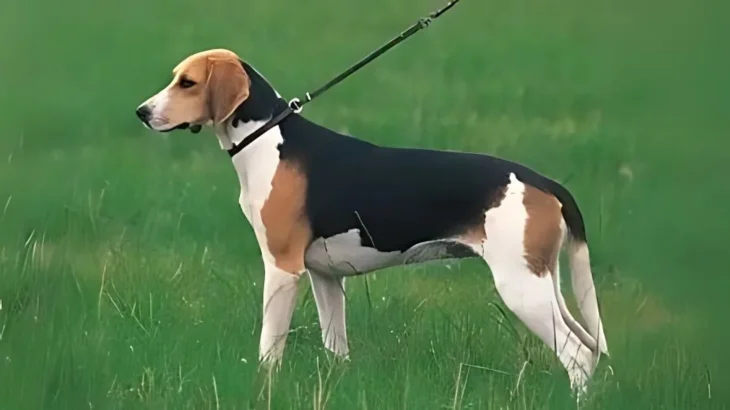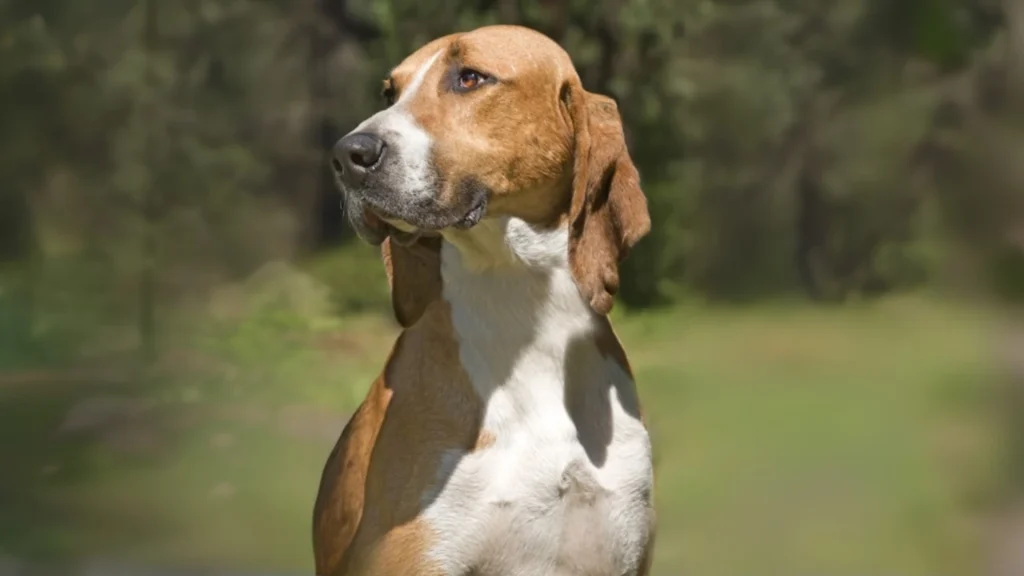Choosing between adopting or buying a French Tricolor Hound puppy involves weighing factors like health transparency, cost, and ethics. Breeders often provide detailed lineage and health records, while adoption gives a home to dogs in need, often at a lower cost. It depends on your priorities around pedigree assurance and giving a dog a second chance.
| Criteria | Buying from Breeder | Adopting from Shelter/Rescue |
|---|---|---|
| Cost | Usually higher, reflecting pedigree and breeding expenses. | Generally lower fees, often including initial vet care. |
| Health History | Comprehensive records and genetic testing usually provided. | Health history can be incomplete; basic vet checks standard. |
| Age Availability | Mostly puppies, allowing early bonding and training. | Wider age range, including adults and seniors. |
| Temperament Insight | Breeders share lineage traits and socialization background. | Staff know behavior from observation; full history often unknown. |
| Supporting Practices | Supports breed preservation if chosen ethically. | Helps reduce shelter overcrowding and rescues dogs in need. |
| Ethical Considerations | Must verify breeder ethics to avoid puppy mills. | Supports animal welfare and rescue efforts. |




















































